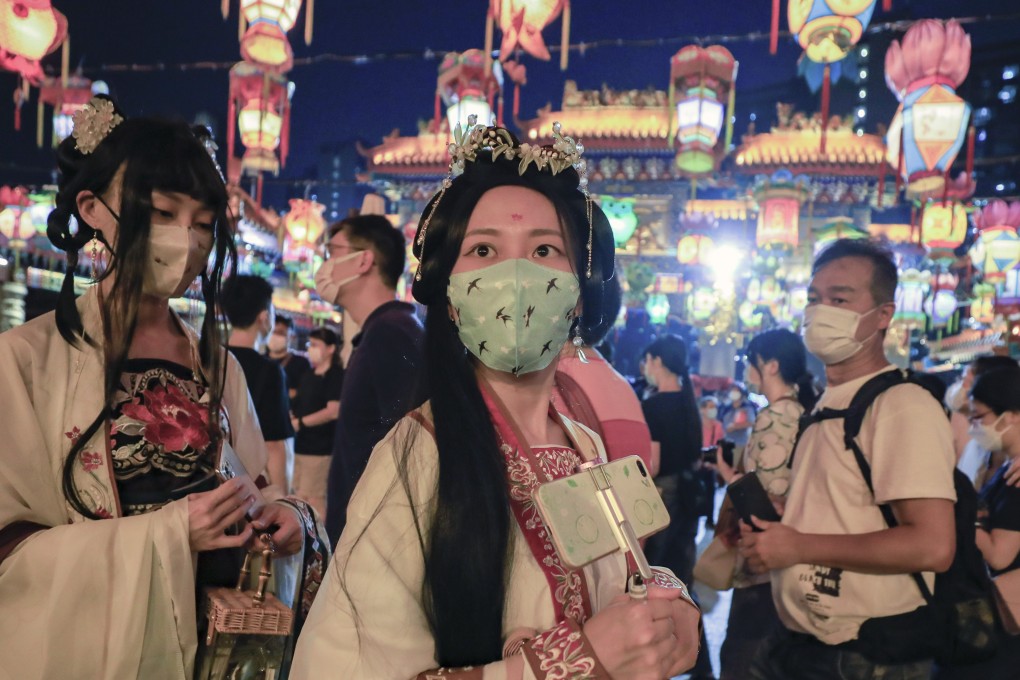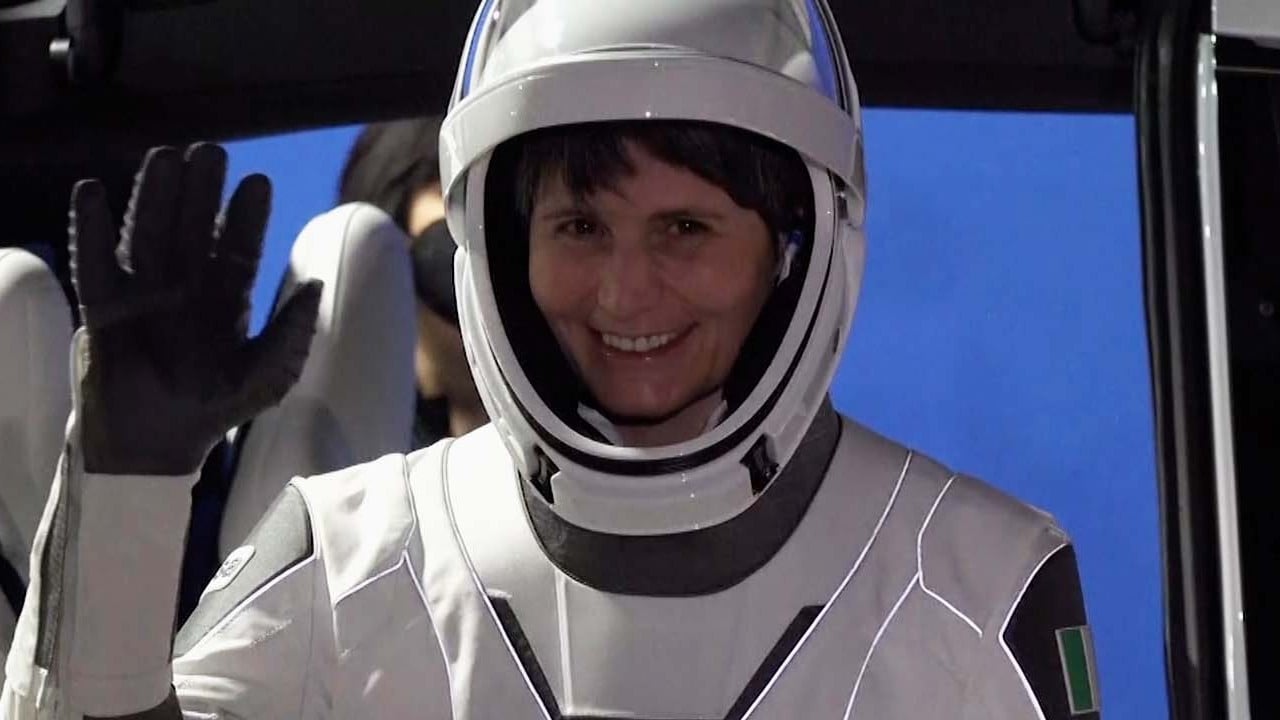Advertisement
Opinion | Classical Chinese literature is having a moment. Can it boost soft power?
- Tesla CEO Elon Musk, astronaut Samantha Cristoforetti and director Chloe Zhao have made classical Chinese literature cool and shown that it can foster goodwill towards China
- Whether Beijing can capitalise on Chinese literature in its soft power push, though, remains open to question
Reading Time:3 minutes
Why you can trust SCMP
12

Last November, Tesla CEO Elon Musk tweeted an ancient Chinese poem about beans. Immediately, people began to discuss the highly allegorical poem about a dispute between brothers, and to speculate on Musk’s intentions.
When I saw this, I had a chuckle: the world was learning a Chinese poem that every child in China probably knew by heart.
But another recent incident prompted me to think that there may be more to it.
Earlier this month, Italian astronaut Samantha Cristoforetti posted some photos on Twitter while the International Space Station (ISS) she was on was passing over China. She attached several lines from another famous ancient Chinese poem.
Thus, China’s presence was felt on the ISS, a project the country is banned from. That this presence came in the unexpected form of an old poem had a favourable impact.
I also recalled film director Chloe Zhao. In April last year, as she accepted the Academy Award for her film Nomadland, the world heard her quoting from an old Chinese children’s textbook, Three Character Classic.
Advertisement

